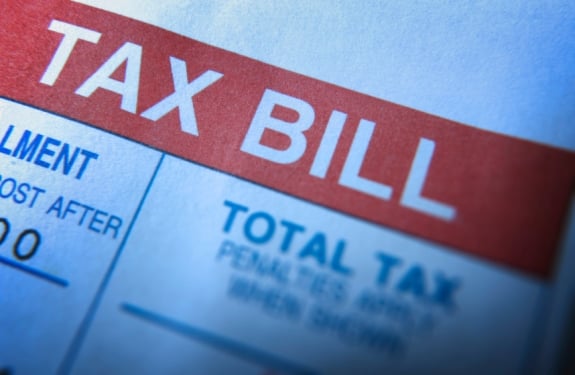A Brookings Institution proposal would take away Americans' variable tax breaks on retirement contributions in exchange for a flat tax credit to be deposited automatically into the saver's account.
Americans would lose their variable tax breaks on retirement contributions in exchange for a flat tax credit to be deposited automatically into the saver's account under a proposal by The Brookings Institution discussed before the Senate Special Committee on Aging today.
About three quarters of Americans would have more of a financial incentive to save for retirement if the tax credit were set at a 30% rate for all Americans, according to the proposal. At that same rate, however, upper-income households, now in the 35% marginal tax bracket, would lose tax benefits.
The proposal is aimed at boosting overall retirement savings and leveling the tax benefits among those with different incomes. With current deductions, a higher-income individual saves 35 cents for every $1 contributed, and that contribution is excluded from his or her taxable income. In comparison, a middle-income person saves 15 cents in income taxes for the $1 contribution.
“The proposal is timely,” said William Gale, the Brookings senior fellow who presented the proposal. “By improving retirement incentives for most households, it would help offset the pressure households face to reduce or eliminate their participation in retirement saving during a weak economy.”
The Tax Policy Center estimates that about 40% of those in the top 1% income bracket would lose an average of about $5,500 under the proposal. A third of households in the middle fifth of the income distribution would gain almost $500.
Tax reform is at the top of many lawmakers' agendas as the nation grapples with the federal deficit and government spending limitations. Under this plan and a 30% rate, the change would be revenue-neutral for the U.S. Treasury. However, another form of the proposal, which would set an 18% flat rate, would raise $450 billion in revenue over a decade.
The Brookings plan has not yet been crafted into any legislation. Critics of the proposal said such a plan would wreak havoc in the retirement savings industry and thus ultimately hurt retirement savings. They argue that private companies would stop sponsoring 401(k) plans, which now hold about $3 trillion in retirement assets.
“It's amazing to me how folks who've never worked in the industry can attempt to fix perceived problems with ideas that would devastate our current system,” Brian Graff, chief executive of the American Society of Pension Professionals & Actuaries, said in an interview. “Basically, it would be the end of corporate profit-sharing plans and lead to the termination of hundreds of thousands of retirement plans, because business owners would have no incentive to offer 401(k) plans.”
Ed Ferrigno, vice-president of Washington affairs for the Profit Sharing/401(k) Council of America, agrees that employer plans are the key to any retirement savings incentive. Instead of changing the tax rate, “you need to look holistically at tax policy, because if this will hurt employer plans, it will hurt lower- and middle-income workers,” he said in an interview.
David John, senior research fellow at The Heritage Foundation, said businesses will still want to offer retirement savings plans and a contribution match for employees in order to keep their valued workforce.
“I don't believe this will reduce the incentives of businesses to have 401(k)s,” because the proposal should not really damage upper-income workers, especially those who start saving young, Mr. John said.
The employer match should stay the same because companies want to keep the best possible talent they can get, he said.
“Conversations we've had with small businesses and large businesses suggest that this will continue to be true,” Mr. John said.
The basic idea outlined in the Brookings proposal was brought up five years ago in a proposal that would apply the flat tax treatment to real estate and health insurance, too.
Pensions & Investments contributed to this story







